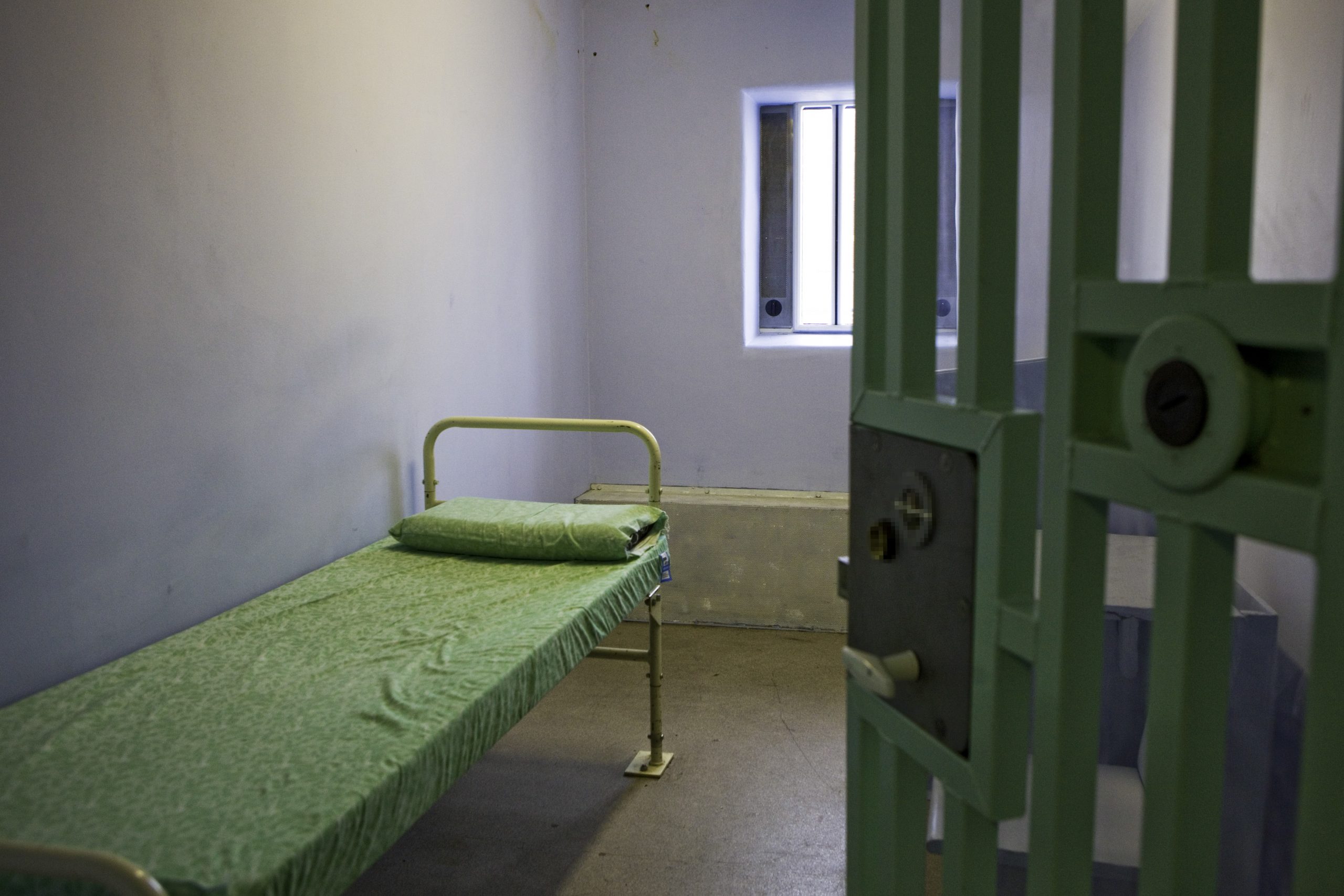Reducing jury trials would ‘inevitably’ increase the number of miscarriages of justice, according to critics of proposals by Sir Brian Leveson to clear the backlog in the courts. Pic: Andy Aitchison.
In a 378-page report commissioned by the Lord Chancellor, Sir Brian, a retired senior judge, set out recommendations including an increased discount on sentences of 40% to be given for early guilty pleas and an increased use of out-of-court resolutions.
Sir Brian’s most controversial recommendations concerned the right to a jury trial. One recommendation was to remove a defendant’s right to elect a trial by jury for offences that carry a maximum sentence of two years in custody; by reclassifying those offences so they can only be tried in ‘summary’ in the Magistrates court.
Matt Foot, co-director of APPEAL, argued that a reduction in jury trials would ‘inevitably increase the number of miscarriages of justice’. APPEAL also highlights the proposed removal of the automatic right to appeal from the magistrates court. The group says: ‘While these reforms are sold as urgent fixes to a clogged system, they tear up the principle going back to the Magna Carta of being tried ‘by your peers’ and risk systematic injustice.’
Fears around equality in convictions across racial lines were expressed by Tyrone Steele, deputy legal director at JUSTICE. Steele said defendants who are not white and are tried by a jury are convicted at ‘very similar rates’ in comparison to those who are white. Steele identified ‘worrying disparities’ in the magistrates’ court stating Black women are ‘22% more likely to be found guilty’ in these courts when compared to white women.
Lloyd Firth, a partner at Wilmer Hale and a white-collar criminal defence lawyer, described it as ‘odd’ that trial by jury had been the part of the system Sir Leveson had sought to change, saying this change was ‘the answer to a different problem’. Both Firth and Louise Hodges, head of Criminal Litigation at Kingsley Napley, both identified years of ‘systemic’ underfunding as the real reason for the current backlog.
According to Crest Advisory, ‘years of underfunding, staff attrition and piecemeal reform’ had left the criminal justice system ‘hollowed out’. The group argued that the Leveson review ‘rightly recognises that we cannot rely solely on expanding court capacity to solve the crisis’. ‘In fact, our analysis showed that to clear the backlog alone, the system would have needed to double criminal court capacity — an expansion we estimated would cost up to £400 million.’
Crest backed the recommendation to expand the use of out of court resolutions to ‘offer a faster, more proportionate and often more effective response to minor crime, particularly for first-time or low-risk offenders’.
Baroness Newlove, a Tory Peer and former victims commissioner, highlighted the need to keep the victims at the centre of any changes to the judicial system. She said an increase in the use of out of court disposals and further incentives to plead guilty could ‘dilute’ justice for victims.
She described these proposals as ‘the best chance in a generation’ to tackle the current backlog. There has been some support for these measures, especially from Labour MPs such as Nick Thomas-Symonds and chair of the House of Commons’ Justice Committee Andy Slaughter. Thomas-Symonds said, ‘radical options’ to remedy the current issues had to be looked at, and Slaughter advised against seeing our trial by jury system as something that can ‘never change’. Sir Brian’s recommendations have received the backing of the Magistrates Association, with their chair Mark Beattie saying Magistrates were ‘ready and willing to support these and other initiatives’.







